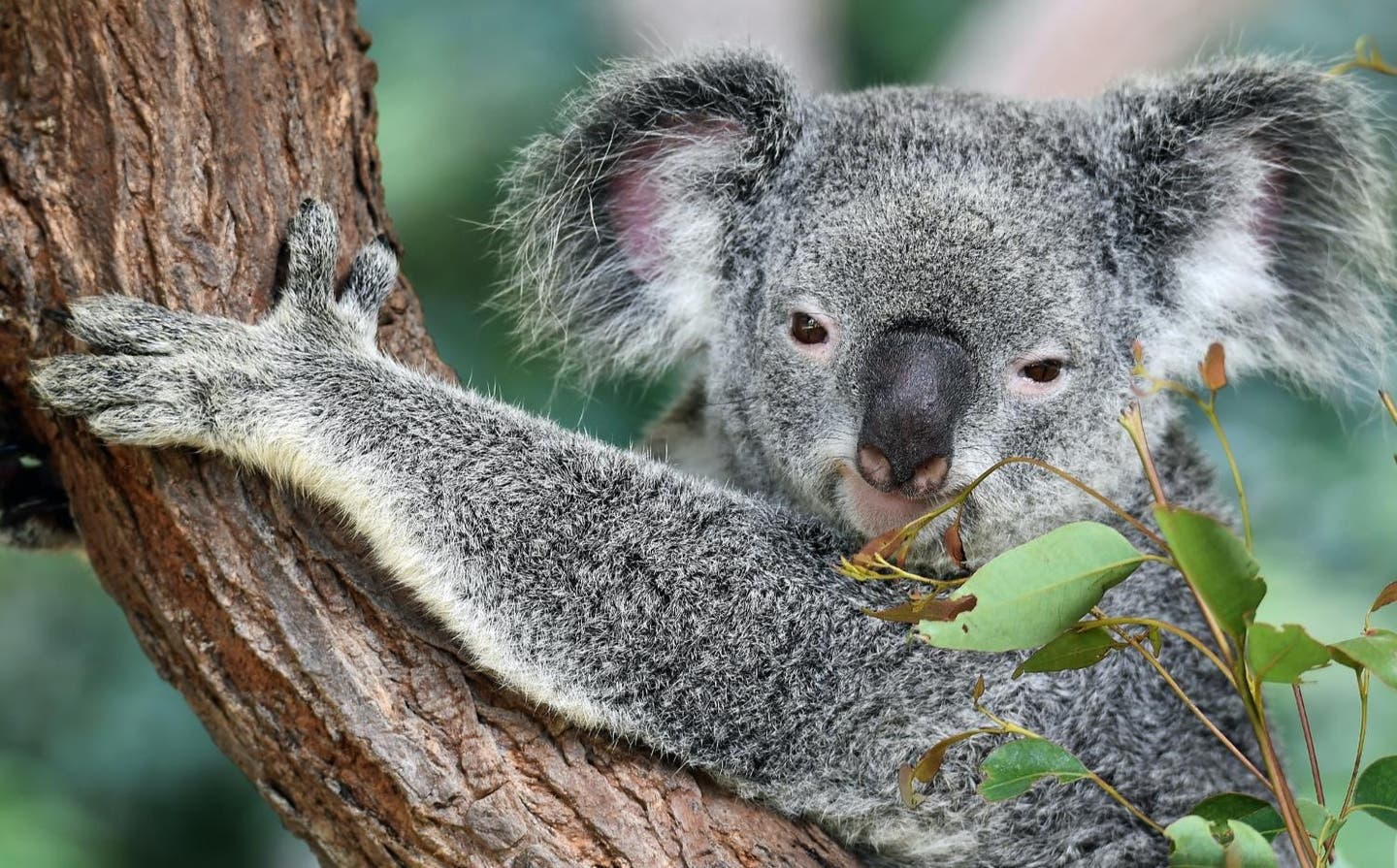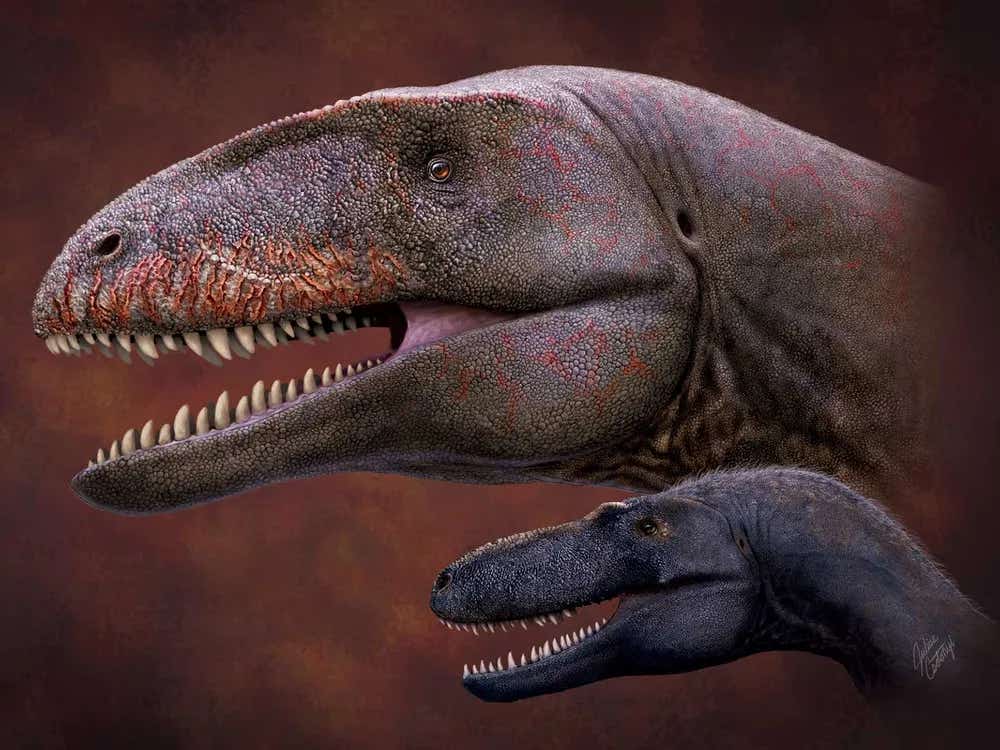Are people more willing to empathize with animals or with other humans?
Are people more likely to feel empathy for animals than humans? A new Penn State study suggests the answer may be complicated.

[Apr 19, 2022: Katie Bohn, Penn State]
According to the researchers, empathy is the process of thinking about another living thing’s suffering and experiences as if they were their own. (CREDIT: David Clode)
Stories about animals such as Harambe the gorilla and Cecil the lion often sweep the media as they pull at people’s heartstrings. But are people more likely to feel empathy for animals than humans?
A new Penn State study led by Daryl Cameron, associate professor of psychology and senior research associate at Rock Ethics Institute, found that the answer is complicated. The findings could have implications for how messaging to the public about issues like new environmental policies is framed, among others.
The researchers found that when people were asked to choose between empathizing with a human stranger or an animal — in this study, a koala bear — the participants were more likely to choose empathizing with a fellow human.
However, in a second pair of studies, the researchers had participants take part in two separate tasks: one in which they could choose whether or not they wanted to empathize with a person, and one in which they could choose whether or not they wanted to empathize with an animal. This time, people were more likely to choose empathy when faced with an animal than when faced with a person.
Cameron said the findings — recently published in a special issue on empathy in the Journal of Social Psychology — suggest that when people are deciding whether to engage in empathy, context matters.
Related Stories:
“It’s possible that if people are seeing humans and animals in competition, it might lead to them preferring to empathize with other humans,” Cameron said. “But if you don’t see that competition, and the situation is just deciding whether to empathize with an animal one day and a human the other, it seems that people don’t want to engage in human empathy but they're a little bit more interested in animals.”
Cameron said that when participants had to choose between empathizing with a person or an animal in the first study, it’s possible the participants thought it might be easier to empathize with another human.
“Participants indicated that empathizing with animals felt more challenging, and that belief of empathy being more difficult drove them to choose animal empathy less,” Cameron said. “It’s possible that people felt empathizing with a mind that’s unlike our own was more challenging than imagining the experience of another human.”
In the second pair of studies, the researchers recruited an additional 192 and 197 participants, respectively, who completed a pair of choice tasks.
In the first task, the participants were given the choice between empathizing with a person or not engaging in empathy and simply describing the person. Then, in a separate task, the participants were given the same choice but with an animal.
“Once humans and animals were no longer in competition, the story changed,” Cameron said. “When people had the chance to either empathize with or remain detached from a human stranger, people avoided empathy, which replicates the previous studies we’ve done. For animals, though, they didn't show that avoidance pattern. And actually, when we decoupled humans from animals, people actually were more likely to choose to empathize with an animal than a human.”
While further studies will need to be done to see if these findings extend to other animals, Cameron said the results could have interesting implications. For example, if it’s true that people empathize less with animals if animal interests are pitted against human interests, that could affect how people feel about environmental policies.
“If people perceive choices about empathy in a way that makes it seem like we need to choose between humans or animals with no compromise — for example, choosing between using a parcel of land or conserving it for animals — they may be more likely to side with humans,” Cameron said. “But there may be ways in which those conversations could be tweaked to shape how people are thinking about managing their empathy.”
Janet Swim, professor of psychology at Penn State; Robert Chiles, assistant professor of rural sociology and research associate in the Rock Ethics Institute; Michael Lengieza, graduate student at Penn State; and Eliana Hadjiandreou, graduate student at Penn State, also participated in this work.
The UCLA Animal Law program, Rock Ethics Institute, John Templeton Foundation, and USDA National Institute of Food and Agriculture Federal Appropriations helped support this research.
For more science and technology stories check out our New Discoveries section at The Brighter Side of News.
Note: Materials provided above by Penn State. Content may be edited for style and length.
Like these kind of feel good stories? Get the Brighter Side of News' newsletter.
Tags: #New_Discoveries, #Human_Behavior, #Psychology, #Animals, #Science, #Empathy, #Neuroscience, #Humans, #Research, #The_Brighter_Side_of_News
Joshua Shavit
Science & Technology Writer | AI and Robotics Reporter
Joshua Shavit is a Los Angeles-based science and technology writer with a passion for exploring the breakthroughs shaping the future. As a contributor to The Brighter Side of News, he focuses on positive and transformative advancements in AI, technology, physics, engineering, robotics and space science. Joshua is currently working towards a Bachelor of Science in Business Administration at the University of California, Berkeley. He combines his academic background with a talent for storytelling, making complex scientific discoveries engaging and accessible. His work highlights the innovators behind the ideas, bringing readers closer to the people driving progress.



